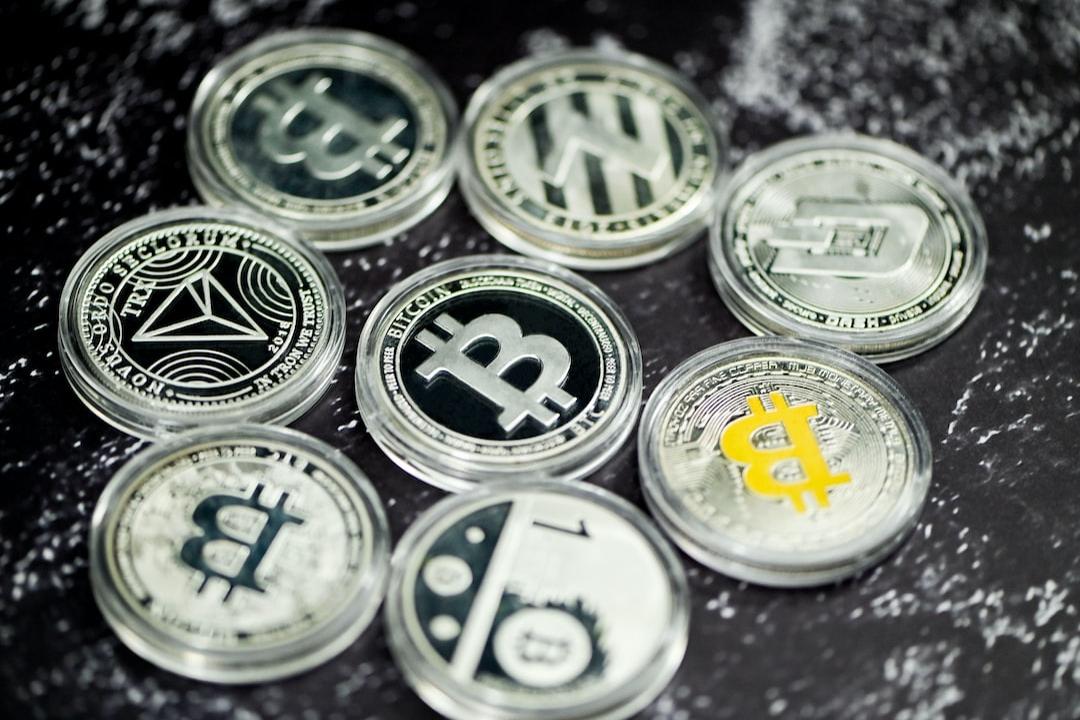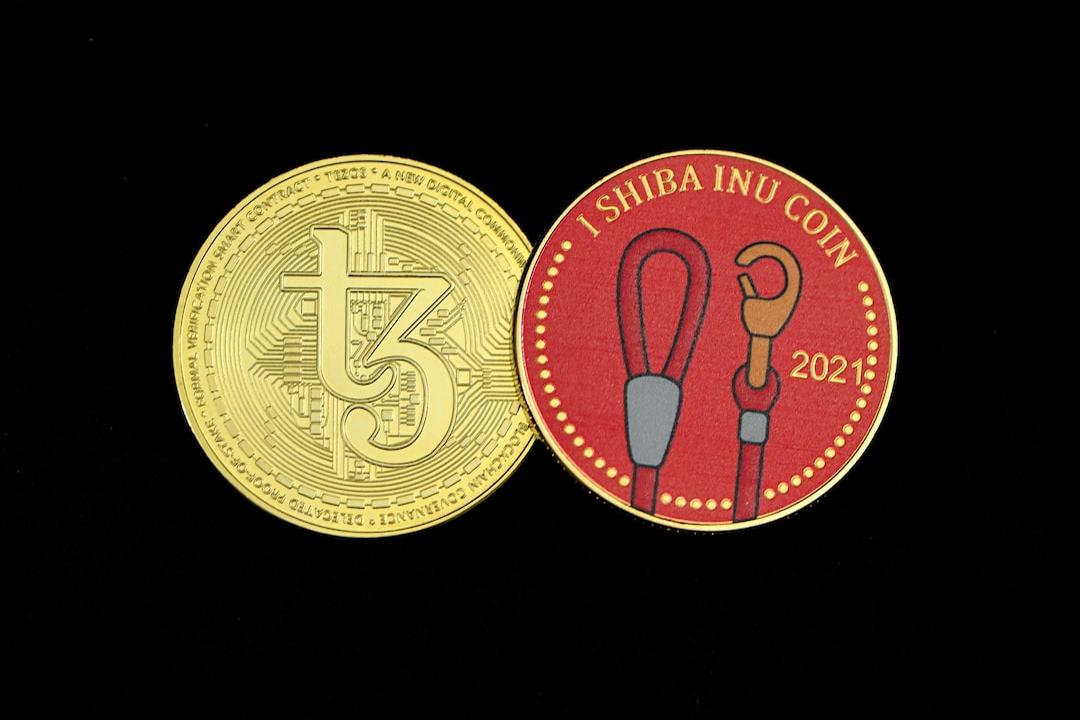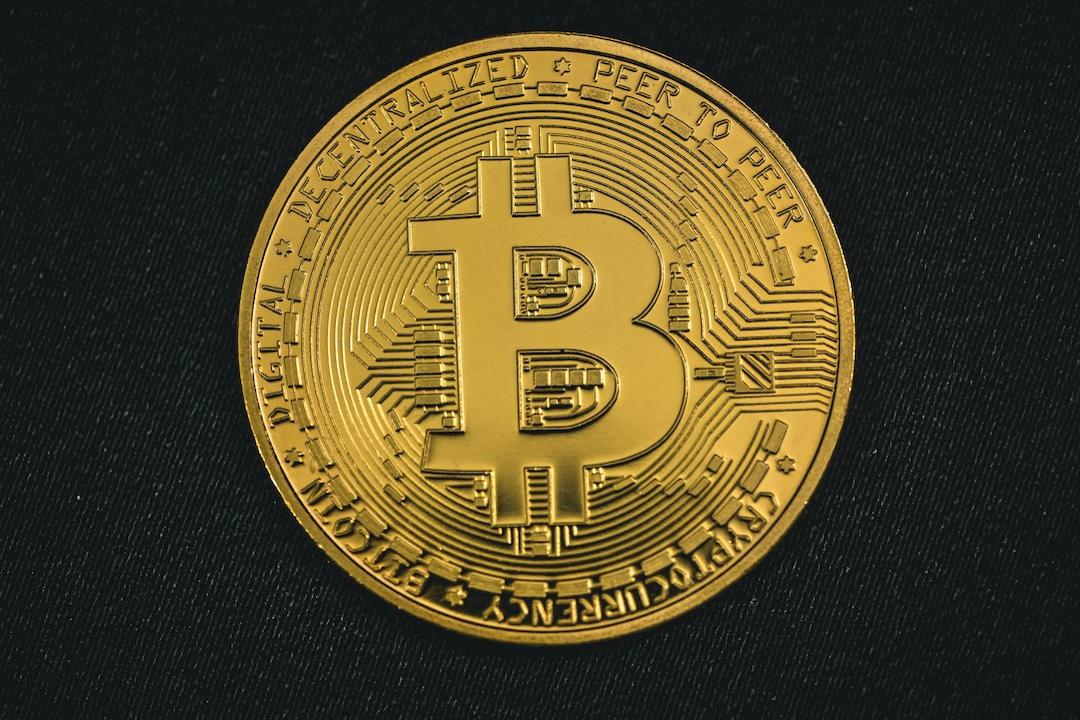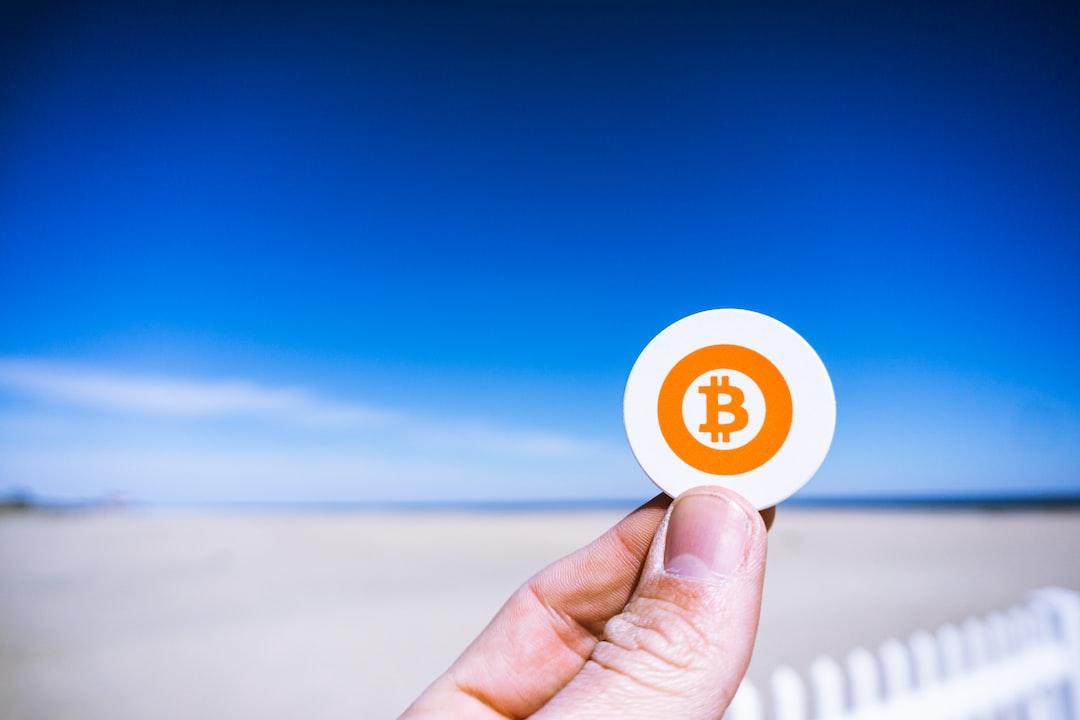
Mastercard and US Banks Collaborate to Test Tokenized Asset Settlements, Streamlining Cross-Border Payments
Mastercard, in partnership with leading U.S. banks such as JPMorgan and Citibank, has launched a testing phase for a new distributed ledger technology aimed at simplifying tokenized asset settlements across its network.
The project, called the Regulated Settlement Network (RSN), brings together major financial institutions and payment processors to streamline cross-border fund transfers and improve the efficiency of domestic financial transactions. This initiative is part of a larger movement towards integrating blockchain technologies into mainstream financial operations, which has the potential to revolutionize the trading and settlement of assets like U.S. treasuries and investment-grade debts that are currently handled through separate systems.
The proof-of-concept (PoC) will assess the feasibility of converting various financial assets into tokenized forms and settling them using a distributed ledger. The network is designed to handle commercial bank money, wholesale central bank money, and securities seamlessly. The current testing phase will simulate multi-asset transactions in U.S. dollars, building on a 12-week pilot that began in late 2022 and initially focused on tokenized US dollar commercial bank transfers.
The aim of the PoC is to showcase the potential improvements in multi-asset settlements for entities using U.S. dollar-denominated financial instruments. With this setup, assets that were previously traded on separate systems can now be transacted more efficiently on a unified platform.
![]()
The RSN trial involves the participation of various industry players, including MITRE Corporation, BNY Mellon, Broadridge, the DTCC, ISDA, Tassat Group, Visa, Swift, TD Bank N.A., U.S. Bank, USDF Consortium, and Wells Fargo. The USDF Consortium and the Tassat Group play significant roles in the trial, with the former acting as a direct participant and the latter contributing to the interbank tokenized deposit networks. Deloitte is providing advisory services, while the Securities Industry and Financial Markets Association oversees the program.
The Federal Reserve Bank of New York is also involved as a technical observer, aiming to gain insights into how regulated financial transfers can be conducted using distributed ledger infrastructure.
Real-world asset tokenization is gaining traction among financial leaders, despite skepticism from figures like JPMorgan CEO Jamie Dimon, who has been critical of decentralized cryptocurrencies like Bitcoin. However, Dimon has acknowledged the importance of blockchain as a transformative tool for financial operations.
The growing interest in blockchain is evident in BlackRock’s recent launch of a tokenized asset fund called BUIDL, which attracted $240 million in investments. This fund issues BUIDL tokens that record share ownership on the blockchain, with investments primarily in stable assets such as cash, U.S. Treasuries, and repurchase agreements.
The RSN PoC is a pioneering initiative in the adoption of blockchain technology within the financial sector. It plays a crucial role in testing the practical applications of these innovations. Debopama Sen, Global Head of Payments at Citi Services, highlighted the significance of this project in creating more inclusive platforms for financial transactions and underlined the sector’s commitment to leveraging the efficiency and versatility of blockchain technology.
Tags:
DeFi
DeFi News
DeFi Tokens













